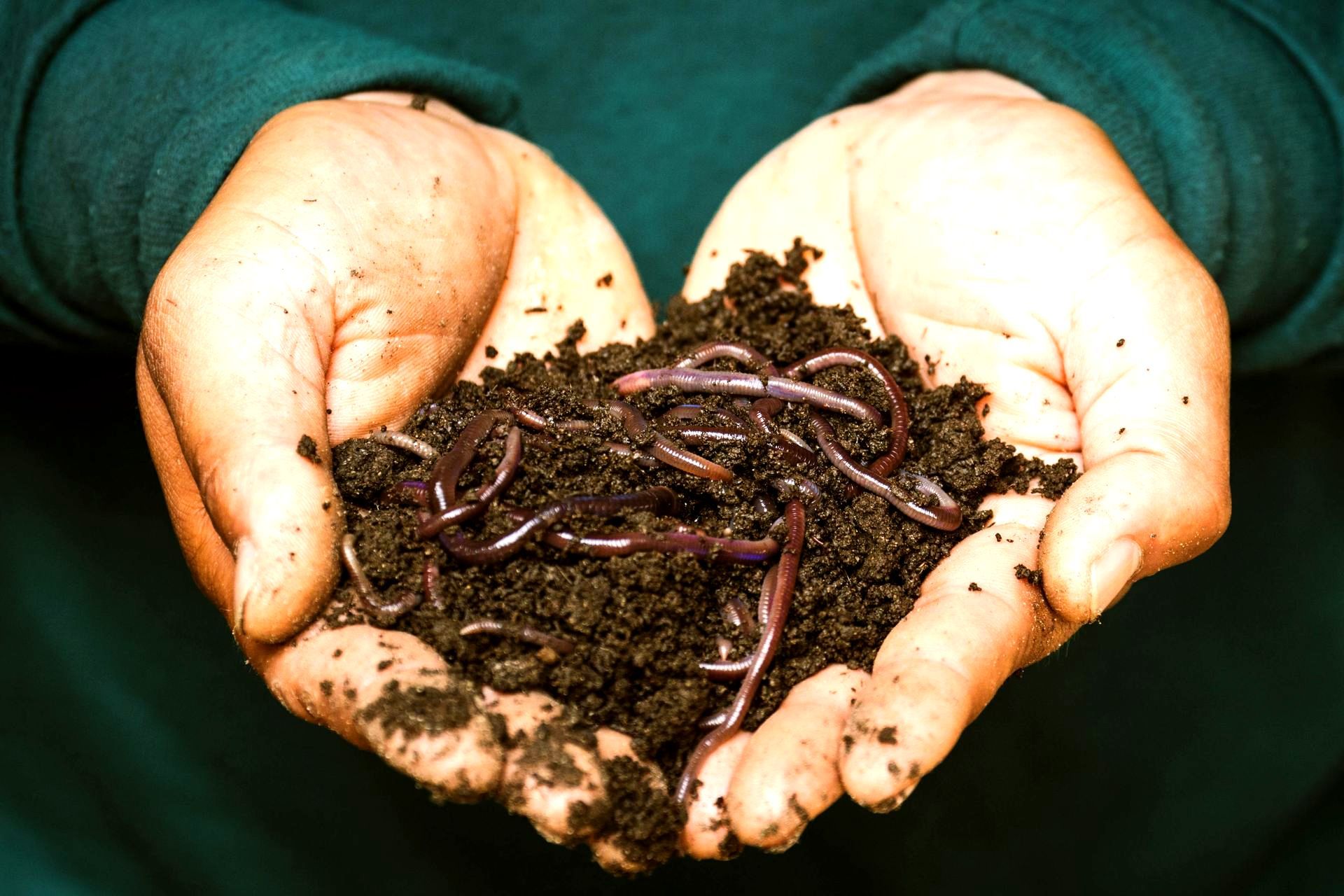Best Composting Practices for Your Garden
Composting is like cooking up a feast for your garden. It's a simple yet powerful way to recycle organic waste and create nutrient-rich soil that your plants will love. As an avid gardener, I've found that composting not only reduces waste but also gives my garden a natural boost. Let's dive into the world of composting and explore some of the best practices to help your garden thrive.
Why Compost?
Before we get our hands dirty, let's talk about why composting is such a game-changer for your garden. Compost is often called "black gold" by gardeners, and for good reason. It improves soil structure, increases water retention, and provides a slow-release source of nutrients for your plants. Plus, it's a fantastic way to reduce waste and give back to the environment.
I remember when I first started composting. I was amazed at how quickly my kitchen scraps and yard waste transformed into rich, dark soil. It felt like I was creating magic right in my backyard!
Choosing Your Composting Method
There are several ways to compost, and the best method for you depends on your space, time, and gardening needs. Let's explore some popular options:
1. The Classic Compost Heap
This is the simplest method – just pile up your organic waste and let nature do its thing. Aim for a pile at least 3 feet high by 3 feet around[3]. It's low-maintenance, but it can take 6-12 months to produce usable compost.
2. Enclosed Bins
These keep your compost neat and tidy, which is great if you're concerned about aesthetics or have limited space. You can buy ready-made bins or construct your own using materials like wire, wood, or cinder blocks[5].
3. Tumbler Composting
Compost tumblers are enclosed containers that you can rotate to mix the contents. They're great for small spaces and can produce compost faster than static piles.
4. Trench or Pit Composting
This method involves burying your organic waste directly in the garden. It's perfect for no-fuss gardeners and puts the finished compost right where you need it. I've used this method to prepare new beds for planting, and it works wonders!
5. Vermicomposting
For the adventurous composter, vermicomposting uses worms to break down organic matter. It's a great option for apartment dwellers or those with limited outdoor space.
The Art of Layering: Building Your Compost Pile
Creating the perfect compost pile is like making a lasagna – it's all about the layers. Here's how to build your pile for optimal decomposition:
1. Start with a layer of coarse browns like twigs or wood chips for air circulation.
2. Add alternating layers of greens (nitrogen-rich materials) and browns (carbon-rich materials).
3. Aim for a ratio of about 3 parts browns to 1 part greens.
4. Keep food scraps covered with a layer of browns to discourage pests.
Remember, "browns" include materials like dry leaves, straw, and paper, while "greens" are things like fresh grass clippings, fruit and vegetable scraps, and coffee grounds.
Compost Care: Keeping Your Pile Happy
Once you've built your pile, a little TLC goes a long way. Here are some tips to keep your compost thriving:
Moisture Management
Your compost pile should be about as moist as a wrung-out sponge. If it's too dry, add some water. If it's too wet, mix in some dry browns.
Aeration
Oxygen is crucial for the composting process. Turn your pile every few weeks to keep it well-aerated. If you're using a tumbler, give it a spin regularly.
Size Matters
Chop or shred your compost materials into smaller pieces. This increases surface area and speeds up decomposition[1].
Temperature Check
A well-managed compost pile can reach temperatures of 130° to 160°F[5]. This heat helps break down materials faster and kills weed seeds and pathogens.
Troubleshooting Common Compost Conundrums
Even the most experienced composters encounter issues from time to time. Here are some common problems and their solutions:
Smelly Compost
If your pile smells bad, it's probably too wet or has too many greens. Add more browns and turn the pile to increase aeration.
Slow Decomposition
If your compost isn't breaking down, it might be too dry or lack nitrogen. Add some water and green materials, then give it a good turn.
Pest Problems
If animals are getting into your compost, make sure you're burying food scraps and keeping a good balance of browns to greens. Consider using an enclosed bin if pests persist.
Using Your Compost: Spreading the Wealth
After months of patience and care, you'll be rewarded with beautiful, rich compost. Here's how to put it to good use:
- Use it as a 3-inch layer of mulch around herbs and annuals, or a 6-inch layer around perennials, trees, and shrubs.
- Mix it into your vegetable garden soil before planting.
- Top-dress your lawn with a thin layer of compost in spring and fall.
- Use it to amend soil when planting bulbs or new perennials.
I love using my homemade compost in my vegetable garden. There's something incredibly satisfying about growing tomatoes in soil you've created yourself!
Composting: A Year-Round Activity
Composting isn't just a fair-weather hobby. Here's how to keep your compost going strong all year:
Spring
As the weather warms up, it's time to turn your pile and add fresh materials. Use your finished compost to prepare beds for spring planting.
Summer
Keep your pile moist during hot weather. This is a great time to add lots of green materials from your garden and lawn.
Fall
Take advantage of fallen leaves – they're excellent brown material for your compost. Start a new pile to break down over winter.
Winter
Even in cold climates, your compost pile can stay active. Insulate it with straw or leaves, and continue adding kitchen scraps.
Conclusion: Embrace the Rot!
Composting is a beautiful way to close the loop in your garden, turning waste into wealth. It's a practice that connects us to the natural cycles of growth and decay, and it's incredibly rewarding to see your garden thrive on compost you've made yourself.
Remember, there's no one "right" way to compost. Experiment with different methods and find what works best for you and your garden. Whether you're a seasoned gardener or just starting out, composting is a skill that will serve you well for years to come.
So go ahead, embrace the rot! Your garden (and the planet) will thank you for it.
Citations:
[1] https://extension.oregonstate.edu/gardening/soil-compost/do-rot-thing-choosing-using-composting-system
[2] https://www.gardeners.com/how-to/all-about-composting/5061.html
[3] https://gardensthatmatter.com/infographic-best-compost-method/
[4] https://www.canr.msu.edu/resources/composting_a_smart_gardening_practice_to_recycle_garden_and_yard_waste
[5] https://www.epa.gov/recycle/composting-home
[6] https://www.reddit.com/r/composting/comments/pngzi3/why_did_you_start_composting_what_do_you_use_your/
[7] https://www.finegardening.com/project-guides/gardening-basics/6-ways-to-make-great-compost
[8] https://www.bhg.com/gardening/yard/compost/how-to-compost/



